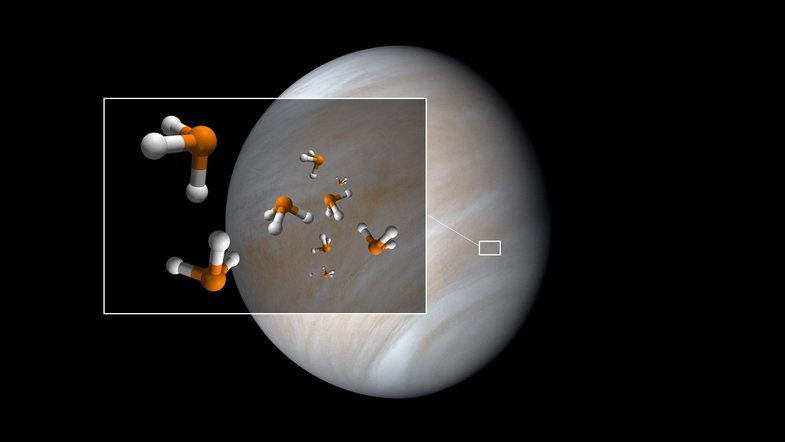
Astronomers have found a possible sign of life on Aphrodite, known as the twin planet Earth because of its similar size.
Two telescopes in Hawaii and Chile saw the chemical signs of phosphine, a harmful gas that is only associated with life on Earth, according to a study published in the journal Nature Astronomy. On Earth, phosphine can only be formed by an industrial process, in animals or microbes.
The study's co-author, Sara Seager, a planetary scientist at the Massachusetts Institute of Technology, said the researchers "overcame all possibilities and ruled out everything: volcanoes, lightning strikes, small meteors falling into the atmosphere." "No single process we have seen can produce phosphine in large enough quantities to explain our team's findings," she added.
The study authors write that the cause could be photochemistry (chemical effects of light), unknown geochemistry (the science that uses the tools and principles of chemistry to explain the mechanisms behind geological systems), or signs of life.
Some experts agree that the finding is exciting, but said it does not mean there is enough evidence to prove that there is life on another planet. Venus has a temperature of 425 degrees Celsius and no water. "Venus is hell. "Venus is a kind of bad twin of the Earth," said David Clements, another author of the study.
Some scientists not involved in the study told the Associated Press they were skeptical but excited about the finding.
NASA has not sent any research team to Aphrodite since 1989, although Russia, Europe and Japan have sent probes, special equipment for study purposes. The European Space Agency sent a spacecraft to study Venus in 2005, whose mission ended in 2014.
Source: Euronews, Associated Press





